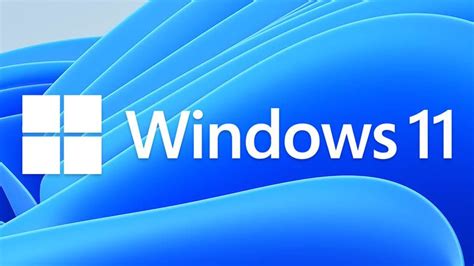Microsoft’s new campaign urging users to upgrade from Windows 10 to Windows 11 has triggered a considerable uproar within the tech community. Comments from users reflect a mixture of frustration, nostalgia, and contemplation about the future of operating systems. For instance, user amflare yearns for a respite from constant update notifications, even if it means sticking with an unsupported version of Windows 10. This sentiment isn’t isolated, as it echoes a broader discontent with Microsoft’s tactics, particularly the relentless push towards Windows 11. This shift has compelled many to reflect on their dependency on Microsoft and consider alternative operating systems like FreeBSD or even Linux.
A prominent theme in the user feedback is distrust in Microsoft’s motives. As toast0 points out, the promise that ‘Windows 10 is the last version of Windows’ now seems a distant memory, overshadowed by what appears to be a strategy to coerce users into newer products. This strategy isn’t just about security updates but also about maintaining control over what software does and doesn’t get used. It’s an extension of an ongoing narrative where tech giants prioritize new product uptake over user satisfaction, often at the expense of user autonomy and trust.
The upgrade discourse also touches on deeper technical aspects, such as hardware compatibility and system requirements. For example, many users are perturbed by the necessity of having TPM (Trusted Platform Module) 2.0 to install Windows 11. This requisite renders relatively recent hardware obsolete. As cbmuser aptly notes, this requirement lacks a compelling technical rationale, essentially making functional hardware redundant and contributing to e-waste. This dilemma spotlights the urgent need for a more sustainable approach within the tech industry, one that values longevity and environmental impact over relentless consumerism.
Discussions also reveal a sense of nostalgia for older Windows versions and their simplicity. Comments like those from schmidtleonard and segasaturn reflect a fondness for the unembellished, efficient user experience of Windows 7, devoid of modern-day adware and pervasive updates. Modern Windows iterations are seen as bloated and intrusive, an antithesis to the clean, functional ethos of their predecessors. This nostalgia doesn’t merely stem from resistance to change but reflects a genuine preference for simplicity and reliability—values that seem increasingly scarce in contemporary software landscapes.
Interestingly, the backlash against Windows 11 has rekindled conversations about open-source alternatives. Users such as jamal-kumar and others express a shift towards Linux distributions, highlighting its stability and minimalistic design. Tools like Proton and WINE make gaming viable and seamless on Linux, debunking the myth that Linux isn’t suitable for casual or high-end gaming. Disenfranchised Windows users are finding solace in the adaptability and community support of Linux, catalyzing what might be a significant shift within the user base.
Moreover, the insistence on upgrading has also brought attention to user experience design considerations, particularly accessibility features. The inability to pin the taskbar to the side in Windows 11 is a dealbreaker for some users like munk-a, who rely on such features for better concentration and productivity. This points to a broader critique that modern operating systems are becoming less user-centered, prioritizing new features over essential, well-established functionalities. This focus on novelty at the expense of user comfort and practicality could prove counterproductive in the long run, alienating a dedicated user base.
In conclusion, Microsoft’s push for Windows 11 isn’t just a superficial software update but a reflection of broader industry trends—revenue-driven decisions, planned obsolescence, and a disregard for user autonomy. Whether users will accept this forced transition remains to be seen, but the current backlash signals a potential shift towards more user-driven, community-supported alternatives like Linux. This situation underscores a critical juncture in tech evolution: whether to prioritize profit or genuine user needs, with potential ramifications for the future of operating systems and their users.


Leave a Reply